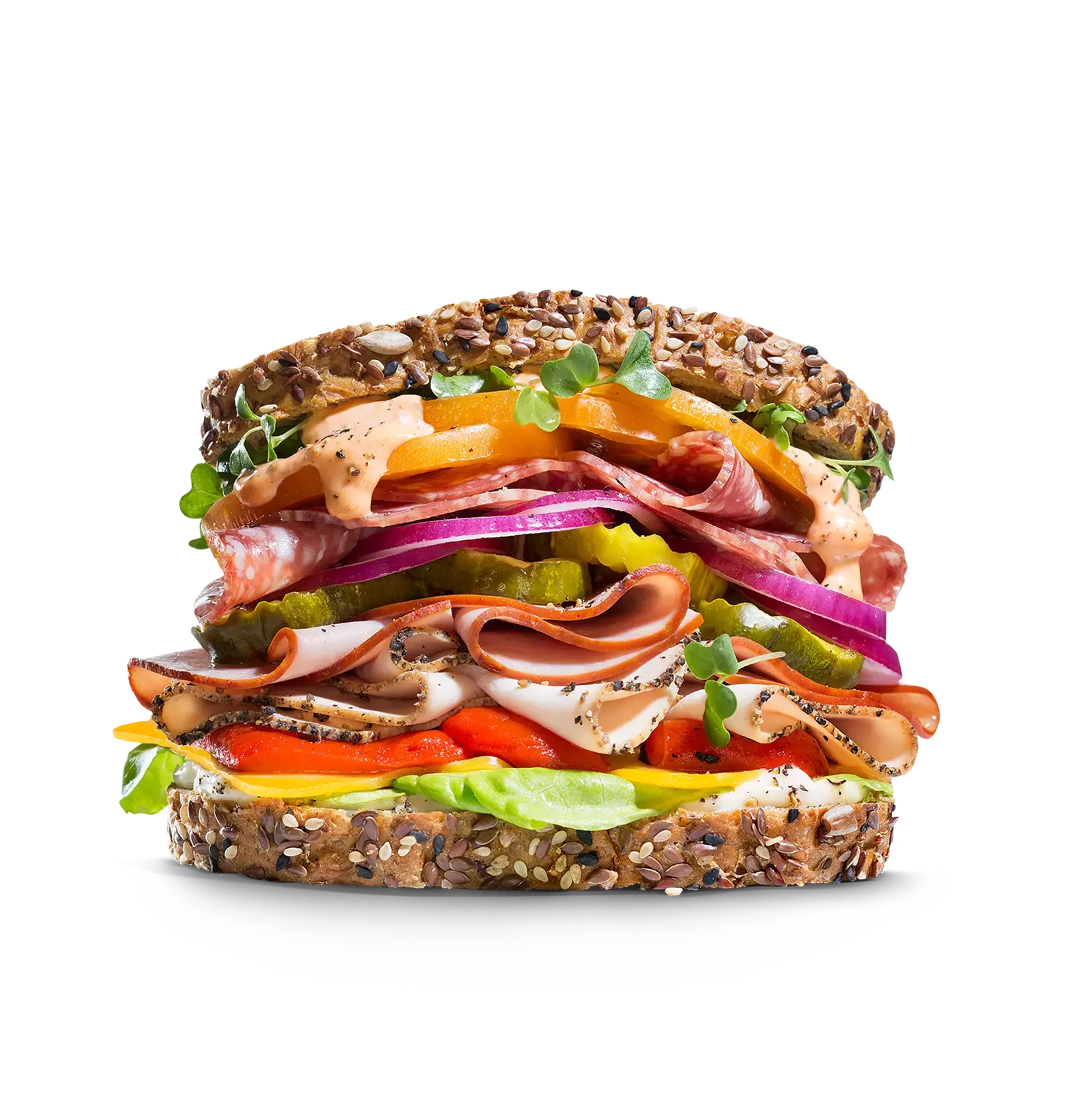Uitgelicht in deze blog
How to Prepare for a Food Safety Audit: Understanding Regulations and Ensuring Compliance
How to Prepare for a Food Safety Audit: Understanding Regulations and Ensuring Compliance

Public health continues to be a hot-button issue, and the food and beverage industry is under additional scrutiny as a result. Today’s consumers demand assurance that the products they buy are completely safe for consumption, and your organization must demonstrate to them—as well as all applicable regulatory bodies—that everything bearing your brand name meets that expectation.
The rigorous standards put in place by various agencies are critical measures for protecting our communities, but they can also represent challenges for your business. In the case of a food safety audit, your company will have to prove that you’ve taken all necessary steps to be fully compliant with all relevant rules and requirements.
In this post, we’ll cover the main agencies overseeing the food and beverage marketplace and their most important regulations; the potential consequences of violations; and the best way to prepare for a food safety audit.
Key Agencies and Compliance Rules
For food and beverage businesses operating in the U.S., there are three regulatory agencies to know. Let’s take a look at each, along with some of their most vital rules and functions.
HACCP
Hazard Analysis Critical Control Point (HACCP) is a system for ensuring food safety through the analysis and control of biological, chemical and physical hazards in production, manufacture, distribution and consumption of ingredients and finished goods. While it began as a joint project of the Pillsbury Company, NASA and the U.S. Army Laboratories back in the 1950s, today it is jointly maintained by the U.S. Department of Agriculture (USDA) and Food and Drug Administration (FDA).
The following HACCP regulations are particularly pertinent for food and beverage companies:
Dairy Grade A Voluntary HACCP – This science-backed system focuses on controlling hazards to prevent unsafe dairy products from reaching consumers. It’s considered an alternative to the historic numerical rating system for dairy plan compliance.
Juice HACCP – This set of rules was designed specifically for the safe and sanitary production of juice products.
Retail & Food Service HACCP – This set of regulations applies to both retail and food service organizations. They center on a cooperative approach between businesses and HACCP to ensure that all products sold or served to consumers are safe.
Seafood HACCP – This section provides guidance to companies operating in the seafood segment of the market and addresses the distinct hazards inherent in those products.
USDA
Originally founded in 1862 as what was then the seventh federal executive department, today the USDA plays a vital role in keeping the food and beverage industry safe and also administers the Food and Nutrition Service (FNS) program, which includes the Supplemental Nutrition Assistance Program (SNAP).
The USDA’s regulations include laws addressing these concerns:
Commodity standards and grades – These serve as a means by which to measure the quality and value of agricultural commodities like meat, nuts, poultry, dairy, grains and more. They apply for both domestic and international trade.
Patents and licensing – The USDA has the authority to award these to both businesses in the private sector as well as government entities and educational institutions to protect their intellectual creations and inventions.
Quality assurance – Various sets of standards recognized at both the federal and state levels have been created according to different types of products. The USDA also offers inspection services to enforce compliance.
Directives – These are issued in order to assure that agricultural processes and products adhere to federal laws and policies. They include provisions on food distribution; rural development; grain inspection, packing and stockyards; animal and plant health; crop and livestock insurance; biotechnology; exports; and more.
FDA
The FDA, created under the Department of Health and Human Services in 1906, protects and promotes public health through laws applicable to food, beverage, tobacco and medical products. One of its primary functions is to enforce the Federal Food, Drug and Cosmetic Act (FD&C), as well as Section 361 of the Public Health Service Act, which deals with communicable diseases.
These are the most important measures of the FDA for food and beverage organizations:
Food guidance and regulation – Everything from manufacturing processes and industry systems to importing and exporting activities of food and beverage businesses is covered in the best practices information that the FDA provides for the industry.
Compliance and enforcement – The FDA monitors food and beverage businesses and their products, as well as foreign products, and deals with violations. They also offer documentation that is useful for organizations that want to police themselves by conducting internal food safety audits.
The Consequences of Non-Compliance
The ramifications for violating food safety laws are serious. While you likely hope that your company never has to deal with such a situation, it’s crucial to be aware of just what’s on the line:
Unlimited monetary fines
Detrimental changes to the business’s legal status
Potential for lawsuits
Additional audits by government agencies
Complete closure of the organization
Clearly, the consequences of failing to comply with regulations are severe, but this is to be expected when public health and safety are on the line. Being both educated and prepared as an organization is crucial for avoiding the risk of being found operating outside the law.
Food Safety Audits
As both the best way to acquit your operations of any violations of food safety guidelines and laws and also the main mechanism by which agencies enforce their regulations, audits are a vital part of the food and beverage industry. They can also serve to:
Establish key priorities and facilitate improvement
Inform decision-making that leads to better outcomes
Identify issues and possible fixes for more ideal results
Better align operations with specific requirements
Assess supplier and customer expectations
Food Audit Preparation Checklist
Being completely ready in the case of a food safety audit at your plant, warehouse or manufacturing facility and feeling confident in your company’s ability to demonstrate total compliance are central to smooth operations and long-term success in the industry.
These 8 steps will position your company for success and optimize the chances that you’ll pass any audit carried out at your locations:
1. Conduct a food safety internal audit at least two months prior.
Ensure proper sanitation measures are followed, both on the factory floor and in office spaces
Vet your inventory storage and labeling
Identify any hazards due to the layout of your equipment
Consider inviting a trusted third party to conduct an additional test audit
2. Hold a staff meeting in the weeks leading up to the audit.
Confirm that all of your employees are aware of their responsibilities, as well as the applicable HACCP, USDA and FDA regulations
Establish an understanding of key terms, like “verification,” “validation” and “corrective action”
Conduct exercises to practice for the actual event
Train staff on how to respond to auditors’ questions
3. Fill out all necessary documentation ahead of time and make sure it is readily accessible.
4. Correct any problems identified in your preparatory stages.
5. Clear senior staff members’ schedules for the event as well as subsequent meetings.
6. Request the auditors’ credentials.
7. Establish an action plan for any non-conformances identified.
8. Maintain a positive, friendly attitude.
The Role of Technology in Audit Readiness
When your food and beverage business is facing an audit, you may feel overwhelmed by all the contingencies you must consider and the potential for things to go awry. Beyond the steps we’ve outlined above, you can gain additional advantages by putting purpose-built technology—like an industry-specific enterprise resource planning (ERP) solution—in place at your facilities.
ERP systems built specifically for the food and beverage industry come with tools that help you understand and analyze your performance, and they act as a “single source of truth” for everyone in your organization. This allows you to identify issues before they result in violations and flag them for resolution as soon as they come up.
Going a step further, advanced systems like Aptean Food & Beverage ERP are built with best practices in mind and are designed to keep your operations in regulatory compliance with automatically scheduled safety, quality and sanitation checks. When ensuring the safety of your facilities and products becomes a routine daily exercise, an audit won’t seem like a threat, but instead an opportunity to demonstrate excellence.
Ready to learn more about our industry-specific food and beverage solution, Aptean Food & Beverage ERP, and how it can keep your business fully compliant and prepared for food safety audits? Contact us today, or schedule a personalized demo.
Aptean ERP klantensuccessen
Deze 10 klanten uit verschillende voedingsmiddelen- en drankensectoren bereikten meer met onze oplossing.



 Jack Payne | Vice President, Product Management & Solutions Consulting
Jack Payne | Vice President, Product Management & Solutions Consulting